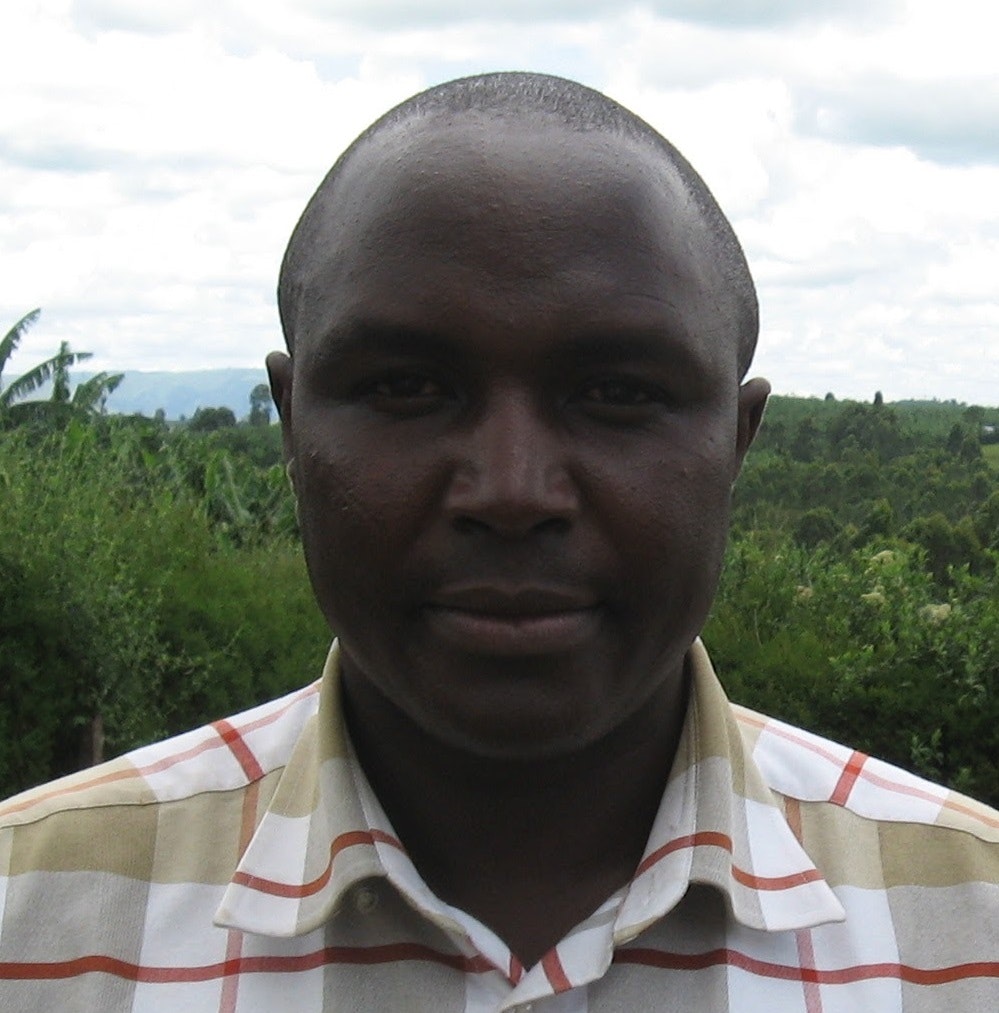Community-based conservation of wetlands and cranes in the Lake Victoria catchments, Uganda
Jimmy Muheebwa is Project Manager of Nature Uganda’s crane and wetland conservation project. Receiving over 60 inches of rain per year, the wetlands of southern Uganda form part of the catchment of Lake Victoria and are an important ecosystem for both biodiversity and the communities who surround them.
In recent decades as human population has risen, wetlands have become degraded and fragmented, with large areas drained and converted for agriculture and livestock production. Wildlife has declined and the most affected has been the Grey Crowned Crane, the national bird of Uganda. Loss of breeding grounds and food sources have seen populations decline by 80% over the past 30 years. Forced to raid crops for food, birds have been persecuted and trapped for illegal trade, further contributing to their decline.
Over the last eight years, Jimmy has led conservation efforts for the species. Using cranes as a flagship, his work has had a tremendous impact on both wildlife and the communities who depend on the wetland’s natural resources.
Recognising that community participation is essential to conservation success, Jimmy works with local people to raise awareness of the free services wetlands provide. The project helps local people develop alternative livelihood practices that reduce the pressure on wetlands whilst empowering them to improve their lives. People are moving their farming activities out of the wetlands and are benefiting from increased income through more sustainable practices such as rearing chickens or goats.
With the Bwindi Impenetrable Forest, home to Uganda’s only population of mountain gorillas, bordering wetland areas, Jimmy is now seeking to develop the possibility of ecotourism ventures, a potentially significant source of income to the region’s impoverished communities.
Local people are also taking active part in the monitoring of crane populations. Farmers are participating in “Adopt–A–Crane” programmes, enhancing hands-on approaches to wetland conservation and fostering a sense of responsibility. To date, 37 crane breeding pairs have been identified by community members whose farms cranes breed on.
A draft Wetland Action Plan is ready for implementation and areas of degraded wetland are being restored. Together with the projects other activities, the future is looking brighter for cranes, wetlands and the wider ecosystem. Jimmy explains,“Wetland related services previously lost through human impact are increasingly being restored. These include more and cleaner water, more thatch, mulch, tying and fuel materials and more biodiversity.”
PROJECT UPDATE
2019 CONTINUATION FUNDING
Securing Grey Crowned Cranes and improving community livelihoods through conservation agreements
Uganda
£35,000 over 1 year
Uganda’s national bird, the Grey Crowned Crane (GCC), has declined by more than 80% over the last 25 years. The main threats to this majestic species are habitat loss and degradation of wetland breeding grounds, driven by rapid human population growth, grinding poverty, and the expansion of subsistence and commercial agriculture. Most GCCs reside in privately owned farmlands of which only a small fraction is protected in Uganda. As the cranes are pushed into marginal wetlands to care for their eggs and young, they are increasingly disturbed by people, dogs and livestock and become unable to breed successfully. Grey Crowned Cranes are also targeted for domestication and illegal trade, where chicks make for easy pickings on fragmented wetlands.
Jimmy focuses on two critical strongholds for cranes in the country: the Mugandu and Nyamuriro wetlands. With his Continuation Funding, he will work extensively with communities to reduce threats and protect wetlands by promoting local stewardship through the development of conservation agreements which implement conservation actions, such as restoration, in return for benefits via innovative and economically viable alternative livelihoods. The goal is to boost GCC breeding success and help recover populations of this iconic bird for future generations.







